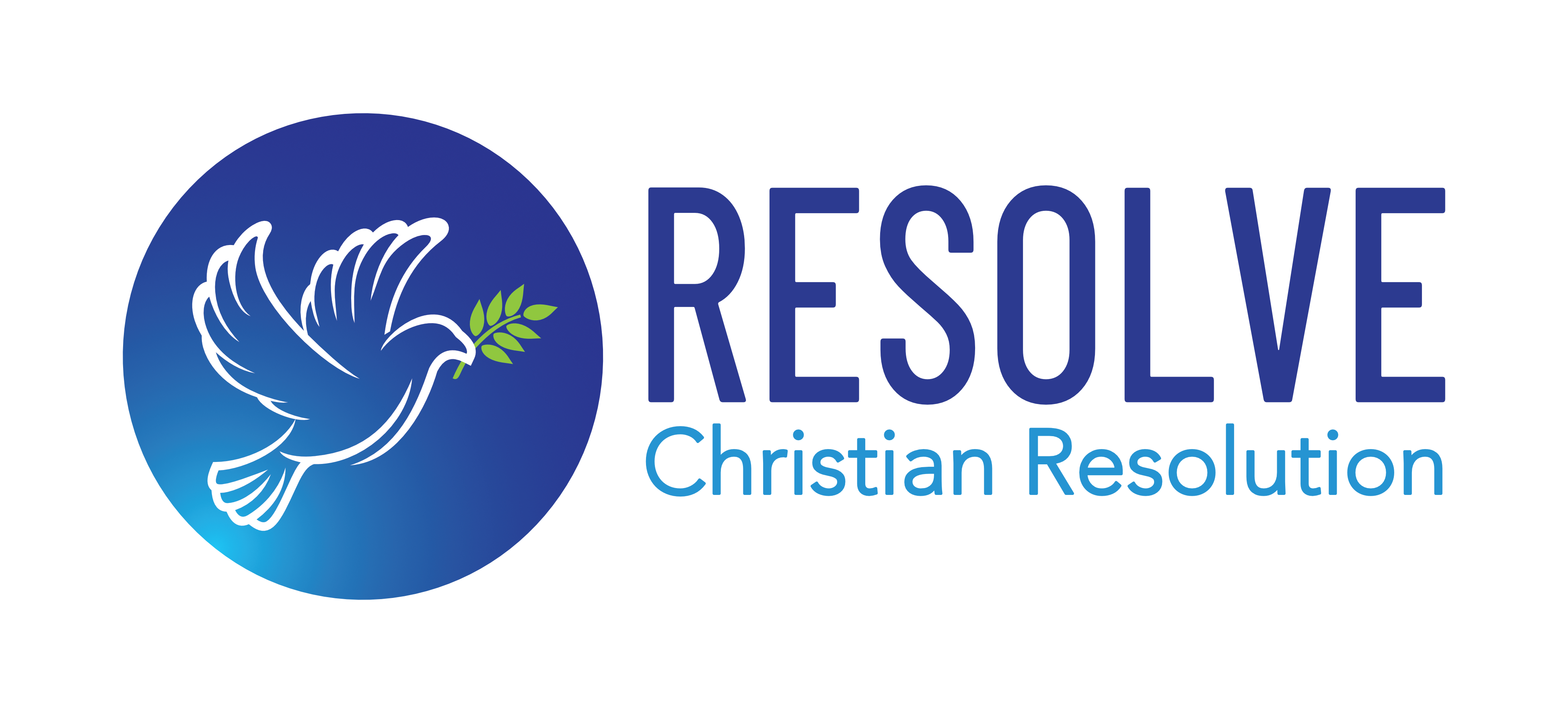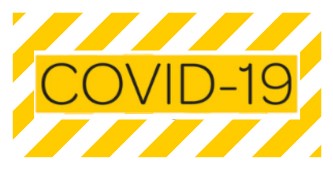No matter where you stand on New Zealand politics or on the government’s COVID-19 health measures, you will have little trouble finding someone standing opposed to you – even vehemently so. Even fellow Christians. In fact, some organisations, businesses and churches have already found that personal views on the current vaccination programme and mandates have become a source of conflict and contention.
For individual New Zealanders, the decision to take the vaccine remains a matter of personal choice. Some who have opted not to be vaccinated have already run into mandated vaccination requirements for their profession or industry. And now following a recent law change (the Act came into force on 26 November 2021), many businesses and organisations, including churches and other Christian ministries, will require employees and volunteers to take the vaccine or leave.
Personal choices have consequences especially during this pandemic. All of this is new for most and a potential source of hard and sometimes heated conversations – and legal disputes.
Biblical dispute resolution
The Apostle Paul was very clear when writing to the Corinthian church, where legal conflicts were happening, that Christians should resolve disputes without recourse to secular courts and judges:
“If any of you has a dispute with another, do you dare to take it before the ungodly for judgment instead of before the Lord’s people? …Is it possible that there is nobody among you wise enough to judge a dispute between believers? But instead, one brother takes another to court – and this in front of unbelievers!” (click here for the full passage).
This principle applies equally to personal relationship conflict as to commercial arrangements and business relationships that have come unstuck. It’s better that Christians don’t sue other Christians in the courts. To do so is a poor Christian witness and adversely affects many other Christians within the parties’ social circles.
Employees
Most key Christian leaders and all their paid staff have an employment relationship with a signed employment contract. Employment contracts contain dispute resolution provisions by law.
In some situations, employees may decide to challenge a vaccine requirement, changes to their employment conditions (such as a re-structuring of roles) or suspension or termination of employment. That means following the Employment Relations Act processes for resolving an employment problem.
The Ministry of Business, Innovation and Employment (MBIE) offers a free Early Resolution phone service to help resolve employer/employee issues. If a legal dispute (such as a personal grievance) is brought, the Employment Relations Authority may refer the parties to the dispute to the MBIE free mediation service as part of the process.
The problem for Christians with going down the MBIE route is that it is a secular process. It may offer limited options for resolving the underlying issues and could leave participants with a damaged relationship.
Volunteers
Volunteers are often key players in a church or organisation, giving huge amounts of time and money through their personal commitment. They have few if any legal rights. If there is a serious falling out, they may decide to leave the church or organisation, together with their family and friends. Generally, sensitive early intervention through a private conversation will avert escalation of the conflict, but sometimes it will be necessary to engage a third party to help.
Christian dispute resolution
Often conflict between or with paid leadership and other leaders or governance can be difficult to sort out because of the delicate web of existing relationships. Engaging a Christian outsider with dispute resolution experience can help. Doing so offers several advantages:
- It brings impartiality where those in the church or other organisation may be perceived to have a predetermined view.
- It is confidential and unlike a formal court process remains under the control of the mediator and the participants.
- Participants can still take their own legal advice (usually this will be recommended), and their legal representatives can be present at any mediation meetings.
- It may offer more options for resolving matters than under a secular process.
- It is God-honouring, allowing place for prayer and Biblically-faithful resolution.
- It helps the participants address their own conduct during the dispute.
- It promotes unity and where possible reconciliation. An apology and even forgiveness may feature.
- Agreements are still legally binding and enforceable.
Mediation may not be suitable in some situations:
- If the process proves not to be suitable (such as where a participant refuses to control threatening or abusive behaviour or has mental health issues), the participants may still need to follow a legal process.
- Some legal disputes involve complex legal issues. This may be the case with some COVID-19 employment questions because of uncertainties about the impact of the new laws and Health Orders on employees’ rights. Such issues don’t preclude a mediated solution, especially if participants take legal advice.
Anyone considering private mediation needs to be aware that a private mediator will charge a fee, whereas in the case of employment mediation, a free service is available through MBIE’s mediation service. (We at Resolve-Christian Resolution are committed to making the cost affordable for all).
How can I find a Christian dispute resolver?
You can contact Resolve-Christian Resolution, who have a panel of 5 mediators. Resolve-Christian Resolution has taken over from Resolve (Christian Service for Disputes) Inc which stopped in 2016 but is still referred to in may older employment contracts. They can also refer you to other Christian mediators and arbitrators if you need someone in your region or town. You can also contact NZ Christian Network.
What about COVID-19 restrictions?
Your chosen mediator will guide you through the process, and it is part of his or her responsibility to ensure that COVID-19 protection framework rules are addressed and followed. Mediations can take place by online video conferencing (e.g. Zoom), although face-to-face is preferable where it is possible and practicable. This is something participants can discuss with the mediator before any meetings take place.
Proper legal advice
As a good starting point, the MBIE employment service website contains useful information about employment rights and responsibilities and in relation to resolving disputes generally. MBIE also has information about vaccines and employment (please be aware that requirements have been changing week by week through the pandemic).
This article contains general information and does not replace specialist legal advice. Usually the best course in employment and other legal disputes is to get advice from a lawyer or employment advocate – even if Christian mediation will ultimately be the way the dispute is resolved.
Finally…
God calls us to be reconciled with one another, just as we have been reconciled to him through his Son. Jesus’ taught very clearly concerning resolving conflict and forgiveness (for more, see my blog post “God is for Reconciliation”). So when we seek to follow Jesus’ teaching in the midst of a conflict, we can expect him to help us and guide us all to a better outcome.
*Author: Andrew Wilks is a former commercial lawyer and was until 31 May 2021 Director of Mission Without Borders NZ, and a mediator. He is the administrator and a panel member of Resolve-Christian Resolution.


Recent Comments